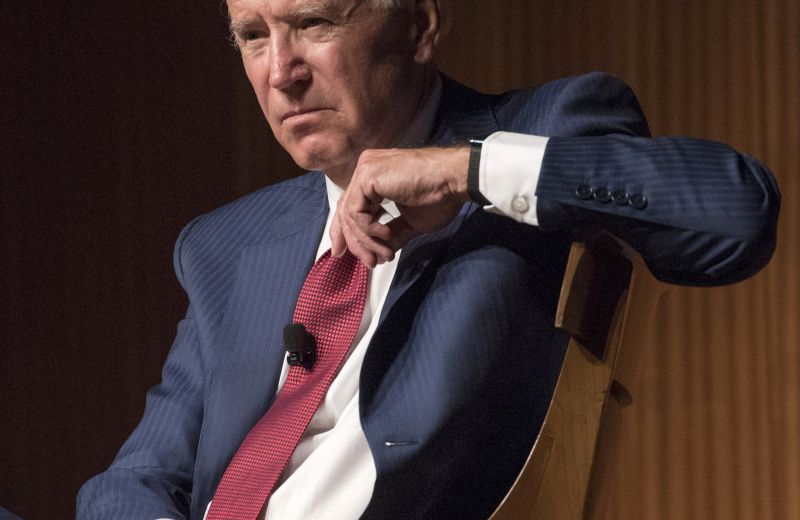 Op-eds
/ Israel and the East Mediterranean
Op-eds
/ Israel and the East Mediterranean
Israel has a lot at stake in the eastern Mediterranean. What will be the impact of the presidential elections on the region? And how would the policies of a Biden White House differ from the Trump administration, in terms of backing Israel, and managing Turkey?
But whoever wins, Jerusalem can’t depend on a United States, in the process of withdrawing from the Middle East, to safeguard its strategic interests. Israel must find other ways to advance its goals, most critically in relation to an expansionist Turkey.
When, in mid-October, Israeli and Lebanese officials met for the first time in three decades to start resolving their ongoing Eastern Mediterranean maritime boundary dispute, some overeager media outlets hinted that the two acrimonious neighbors were the next candidates on track for normalization.
But this was no Trump-initiated miracle or frantic pre-election political theater. Rather, the American-mediated talks were the fulfilment of persistent U.S. diplomatic efforts and engagement over the course of a decade.
No matter who sits in the White House, the U.S. remains committed to supporting eastern Mediterranean energy cooperation and the diffusion of maritime tensions. Facilitating such cooperation is a rare point of bipartisan consensus in Washington and is likely to continue regardless of who wins on November 3rd.
But America’s wider engagement and commitment to the region is fraying.
For Israel, compensating for a fading American presence requires a reboot of its regional policies and level of engagement, especially in the eastern Mediterranean, which now has unprecedented economic significance.
Over the last ten years, Israel has sought to maximize the economic and diplomatic potential of its offshore natural gas. In September 2020, Israel signed a charter alongside Egypt, Jordan, the Palestinian Authority, Italy, Greece, and Cyprus to formally establish the Eastern Mediterranean Gas Forum (EMGF), a multinational organization dedicated to boosting regional energy cooperation.
But a decade’s progress was scuttled in 2020 by the collapse of global energy prices following the coronavirus outbreak, and by rising tensions between Turkey, Greece, and Cyprus.
While the next U.S. administration can’t solve these commercial challenges, it can play a constructive role in conflict management, as the breakthrough in Israel-Lebanon negotiations demonstrates.
The primary dilemma for the countries of the Eastern Mediterranean is Turkey’s challenge to the regional order. In an effort to expand its influence, Turkey has aggressively pursued its own, independent policies in the region.
Ankara’s confrontative agenda is partially driven by its need to push back against the success of the Gas Forum. From a commercial perspective, Turkey would have beeen a natural partner in this organization. But Ankara’s relationship with Israel, Egypt, Greece, and Cyprus is too strained for it to be a member.
Recent elections in Northern Cyprus saw an Ankara-backed candidate edge out a moderate incumbent president, which is almost certain to add to tensions with Cyprus and Greece.
And rather than pursue dialogue, Turkey has directed its navy to test the limits of EMGF member states and ensnare its neighbors in a cycle of maritime brinkmanship that will ultimately scares off foreign investors.
Over the summer, European countries, such as France and Germany, stepped up to address Turkey’s activities, but without success.
The Trump administration adopted an ambivalent position. On the one hand, it called Turkey out for violating Greek maritime space. Yet U.S. officials made no offer to mediate between the two parties, nor has there been an attempt by the White House to broker a grand bargain between Turkey and the region’s other actors.
This muted approach can be explained in part by the complex nature of U.S.-Turkey ties, and Trump’s desire to maintain a good rapport with Turkish President Recep Tayyip Erdogan. Turkey is a NATO member whose actions are increasingly inconsistent with American and transatlantic interests.


